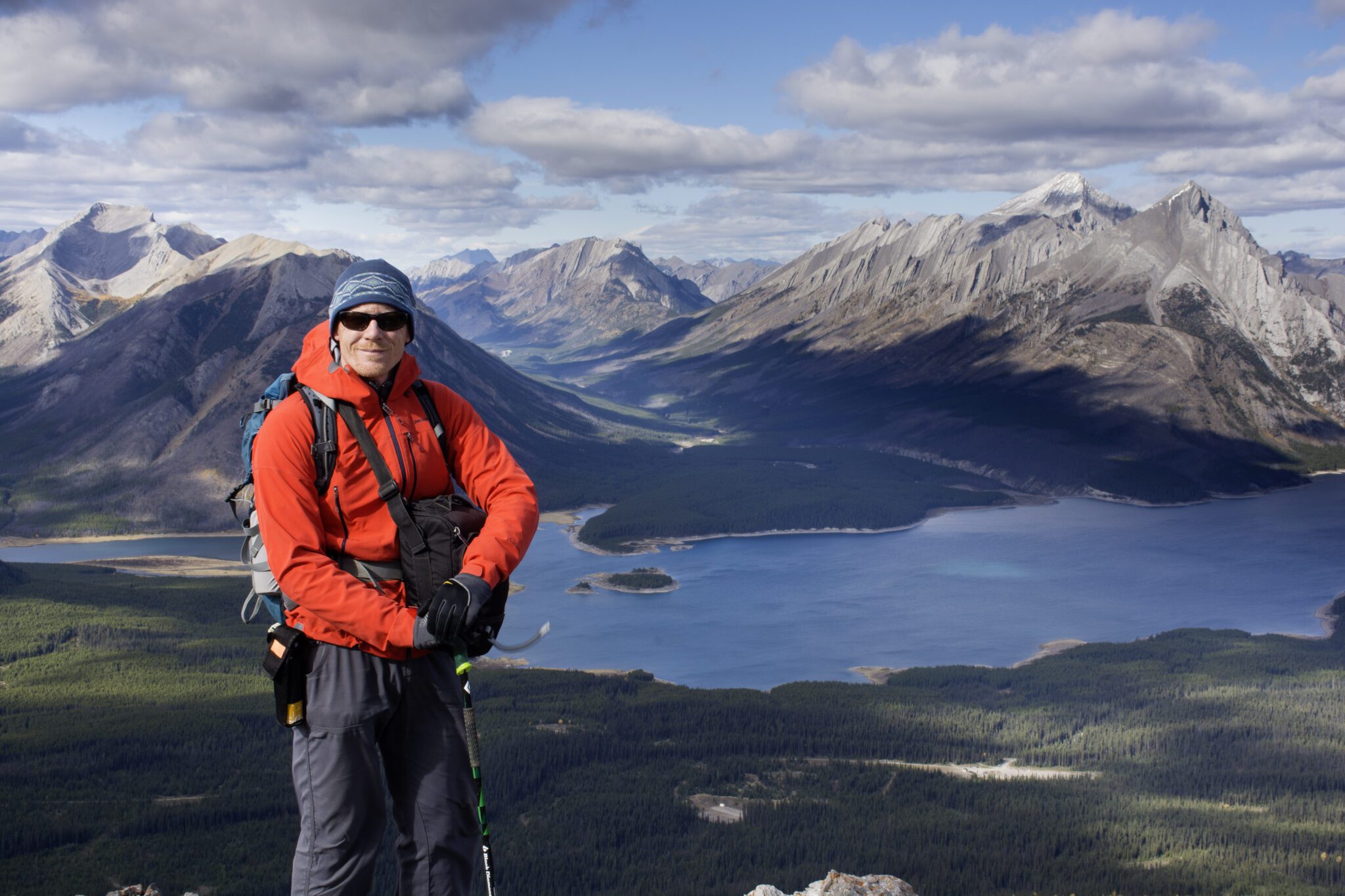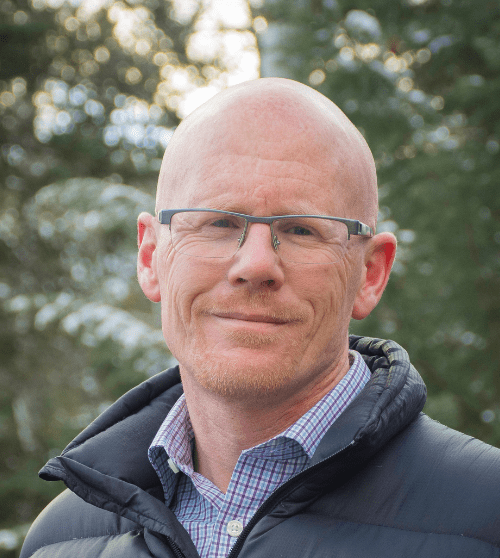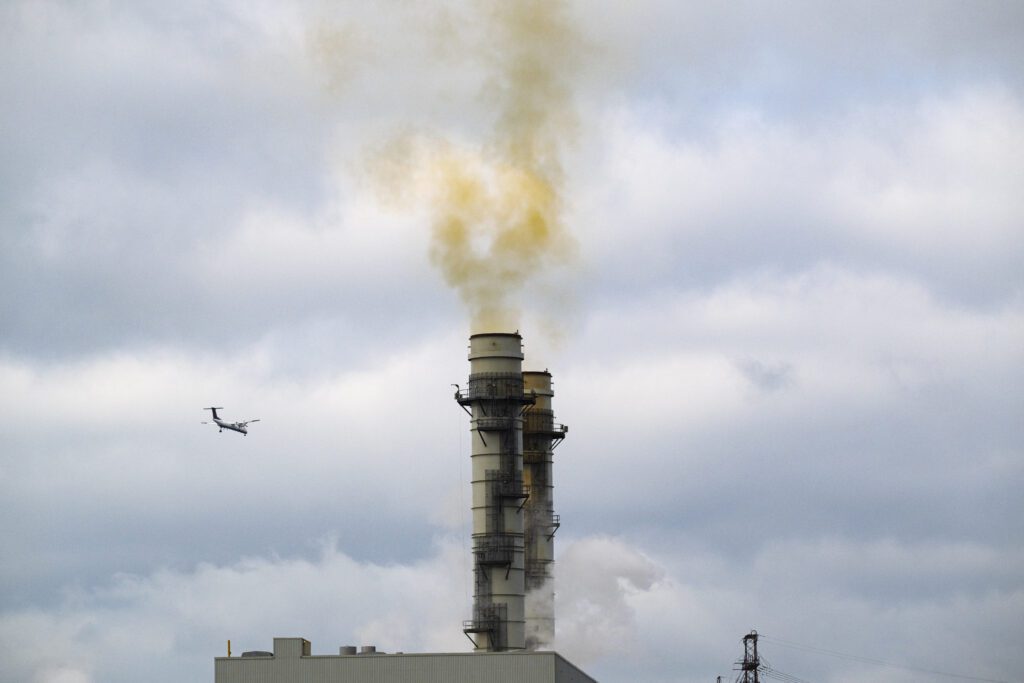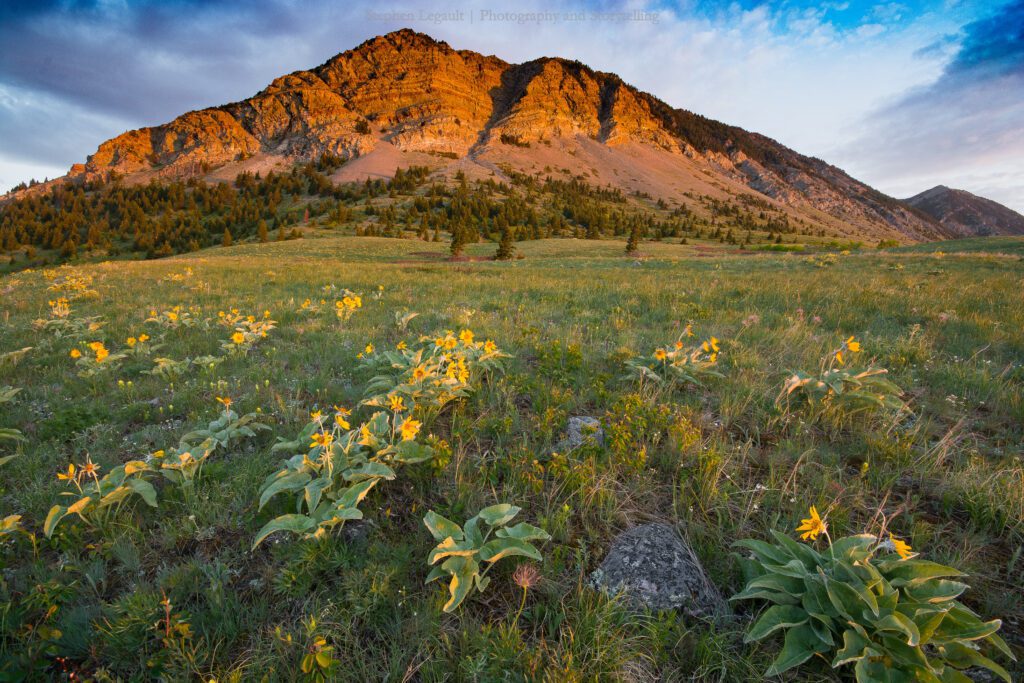For over 30 years I have volunteered for, hiked across and worked on conservation lands in Alberta advocating for their lasting protection.
This passion was born from the thousands of kilometres of hiking trails I’d put under my boots. Every step I took on a trail, every high mountain pass I crossed, fueled my passion for nature. This is how I got my literal and metaphorical footing in Alberta.
At first, all I saw was nature’s splendour. In time, however, the changes on the landscape caused me to consider the impact of climate change in my work.
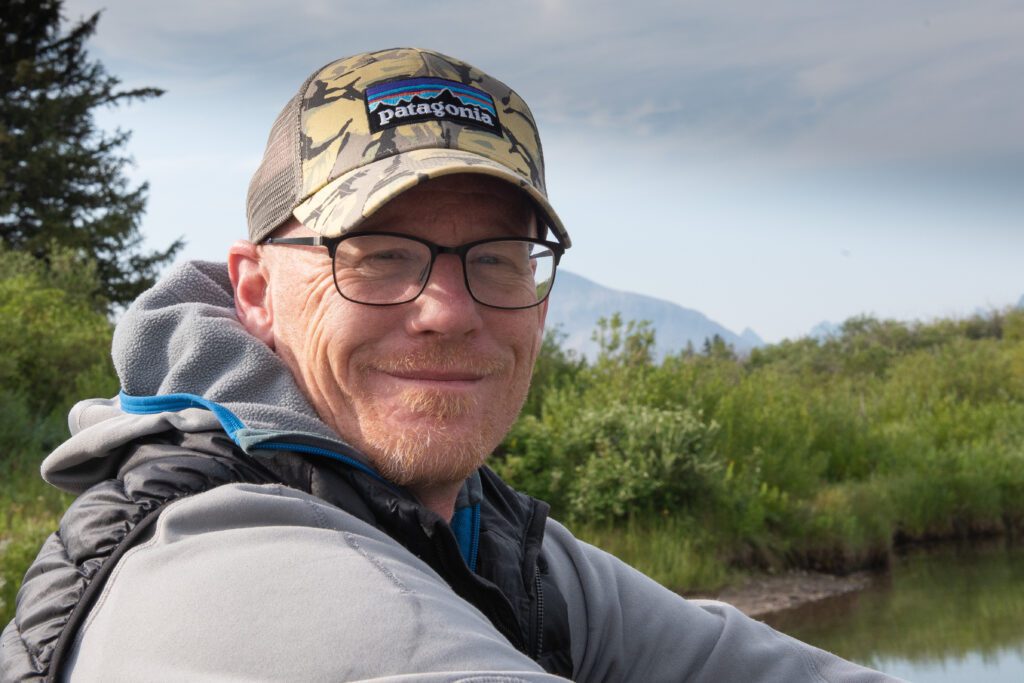
Today my efforts look very different from the meandering paths I trekked for years. Now, I focus on advancing Alberta’s energy transition and tackling climate change for Environmental Defence Canada, and there is a very good reason. If we don’t address the warming climate – and the polluting industries that are the reasons behind our extreme weather – then what we love about nature will disappear.
We can see changes whenever we go for a walk in our local parks, the mountains, or Alberta’s northern woods. Those changes are disturbing. Every year, warmer temperatures mean drought for our prairies, mountains and forests, and that means more fires like the one that decimated the Town of Jasper this summer.
Water levels in our rivers are at historically low levels. That impacts fish and wildlife, and also our ability to enjoy those rivers for canoeing, kayaking, and angling.
Food sources for wildlife are changing as plant communities are impacted by warmer, dryer conditions. Even the forests are changing, as aspen woodlands invade prairie ecosystems at lower elevations and suffer heat-related die-offs elsewhere. The expansion of pine and spruce forests into higher elevations is creating favorable conditions for critters who like trees, while making it difficult for species like Pika to feed, and be secure from predators.
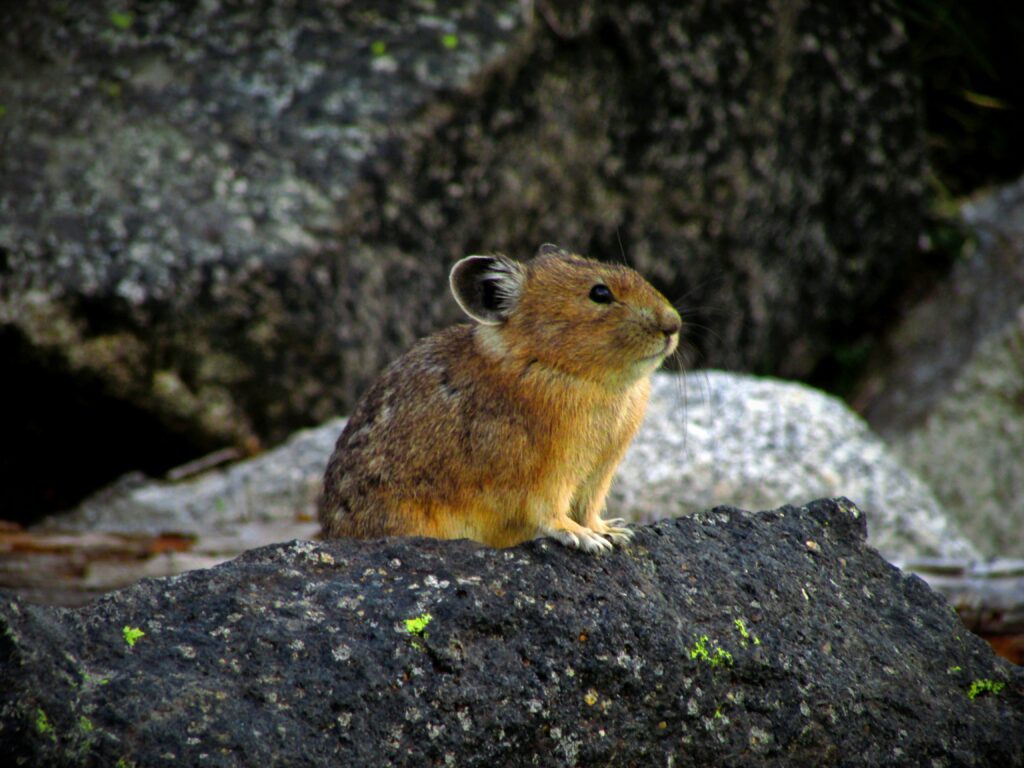
It’s what we can’t see day-to-day, however, that really frightens me. Over the past decade, new forest pests have started to invade our woodlands, and species like the Mountain Pine beetle, once held in check by cold winters, are running rampant. In our rivers, lower water levels, warmer water, and non-native species are making survival for favourite fish species such as Bull Trout and Westslope Cutthroat Trout challenging.
Even at the microscopic level, changes are occurring that alter how plants and animals can adapt to climate change.
So what can we do about any of it? Well, you’ve taken important steps already. You spend time in nature, walking, backpacking, fishing, or riding your bike. That means you know and love many of the places that climate change threatens.
Now, please consider taking the next step. Tell the Alberta government that you want a clean energy future, because we can’t protect nature if we let the climate crisis spiral out of control.
 What compelled me to join the team at Environmental Defence might encourage you to do the same, in your own way. Because you love nature, and you want to help protect it. If you join us on this journey to fight climate change, you’ll also be helping to ensure our prairies, rivers, woodlands and mountains are protected from future impacts of a warming planet.
What compelled me to join the team at Environmental Defence might encourage you to do the same, in your own way. Because you love nature, and you want to help protect it. If you join us on this journey to fight climate change, you’ll also be helping to ensure our prairies, rivers, woodlands and mountains are protected from future impacts of a warming planet.
And by taking this action, you’ll be sending a powerful message to the government of Alberta; that doing nothing to battle climate change is no longer an option.
Let’s trek a new path together, one that creates a safer climate future for our children and grandchildren.



